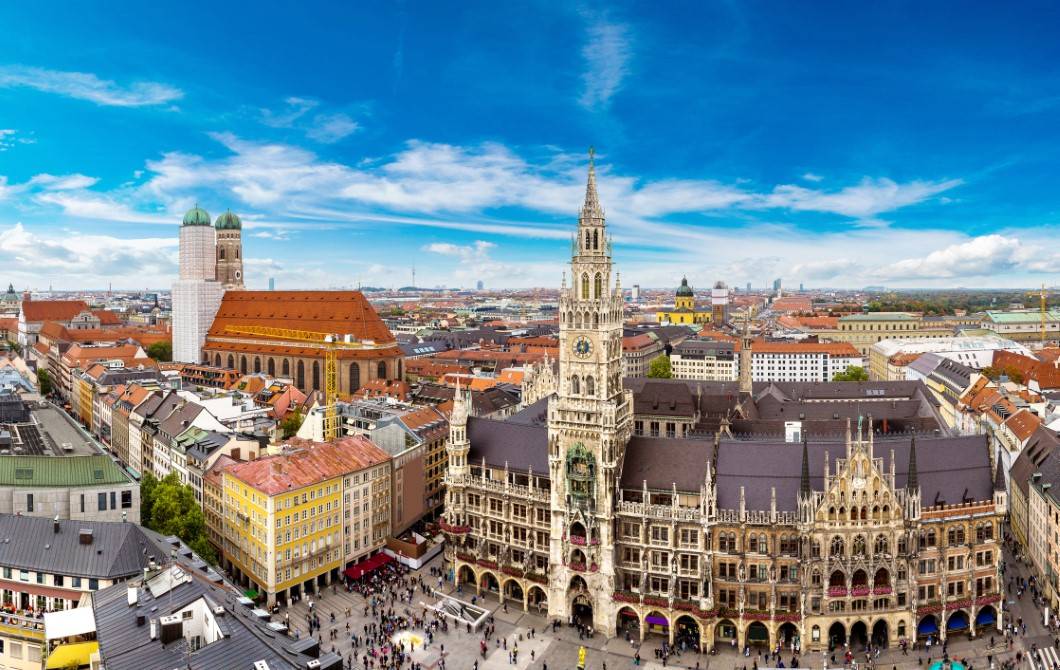
You might also like:
At the end of 2019, tourism in Bavaria recorded another success – the number of overnight stays rose into the three-digit million range for the first time.
Based on the results of the monthly survey on tourism, the Bavarian State Office for Statistics reported more than 100.9 million overnight stays and more than 40.0 million guest arrivals during 2019, exceeding the record figures of the previous year by 2.2 percent overnight stays and 2.3 percent arrivals.
Therefore, 2019 was a new record year for tourism in Bavaria. With around 40.0 million guest arrivals and 100.9 million overnight stays, the 11,313 accommodation establishments in the Free State once again exceeded the previous year’s figures. The lion’s share of the guest volume was accounted for by guests from Germany with 29.9 million arrivals (plus 2.6 percent) and around 80.0 million overnight stays (+2.3 percent).
A quarter of all guests came to Bavaria from abroad. In the now completed the tourism year 2019, both the number of guests arriving (plus 1.4 percent) and the number of overnight stays (plus 2.0 percent) increased.
As one of the few operating modes, the inns had to accept a decline in 2019. Here the number of guest arrivals fell by 3.1 percent and the number of overnight stays by 3.4 percent. In addition, the preventive and rehabilitation clinics also saw a decline in guest arrivals and overnight stays compared to the previous year, with a fall of 5.0 percent and 0.5 percent respectively.
The City of Munich can be also satisfied with the 2019 annual results. All in all, it can be pleased with an increase of 5.9 percent in guest arrivals and 6.8 percent in overnight stays. The three Bavarian tourist regions with the biggest increases in overnight stays in 2019 were Ammersee-Lech (plus 10.8 percent), Starnberg /Ammersee (plus 7.0 percent) and the City of Munich (plus 6.8 percent).
In addition, eight Bavarian communities broke through the one million overnight stays barrier in 2019. These were the state capital Munich (18.3 million), Nuremberg (3.6 million), Bad Füssing (2.3 million), Oberstdorf (2.0 million), Bad Kissingen (1.5 million), Füssen (1.2 million), Regensburg (1.1 million) and Garmisch-Partenkirchen (1.1 million).
Tourism in Germany, in general, also recorded a successful year. Hotels, pensions, campsites, and other accommodation companies counted 495.6 million overnight stays, representing an increase of 3.7 percent compared to the previous year. According to the Federal Statistical Office, it was the tenth year in a row with a new record in overnight stays. The number of overnight stays by domestic guests grew last year by 3.9 percent to 405.7 million. Foreign visitors accounted for 89.9 million overnight stays in 2019, an increase of 2.5 percent.
Source: tourism-review.com
